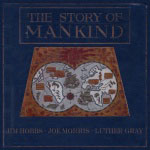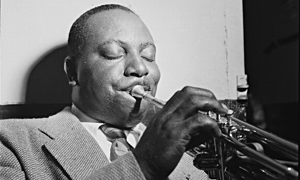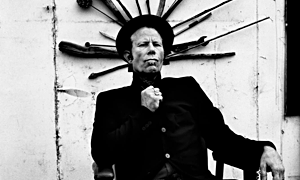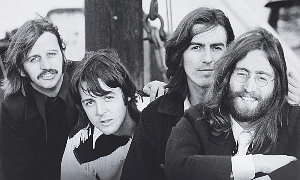Home » Jazz Articles » Book Review » Logos and Language: A Post-Jazz Metaphorical Dialogue
Logos and Language: A Post-Jazz Metaphorical Dialogue
Steve Dalachinsky and Matthew Shipp
Softcover; 97 pages
ISBN: 978-2-9531508-0-3
2008
Getting to the bottom of things requires stamina and focus. The medium for this process is crucial in distilling the essence of the pursuit, and when it comes to music, words often pave the way to penetrating its whys and wherefores. But because words can act as musical entities themselves, words and music have a unique bond. What both imply can fit into the narrowness of definition or explode into the breadth of a spiritual universality, simultaneously. It is simply a matter of point of view.
Pianist Matthew Shipp has produced a manifesto of sorts to contextualize the music he makes and the person he is, a venture he mounted with poet and longtime friend Steve Dalachinsky. The transcript of their discussion, some of Shipp's writings, as well as poetry that Dalachinsky wrote while listening to Shipp play constitute a book issued in 2008 by Rogue Art entitled Logos and Language: A Post-Jazz Metaphorical Dialogue.
This book is not about jazz; it is about how the creation of musical language is inseparable from everything else. To grasp the heart of the book, the reader needs to absorb the meaning of the "Logos Chart" (designed by Shipp) which appears on the first page. This chart is simple, encapsulating both the book's total thrust and the entirety of Shipp's cosmogony: universal mind intercepts and becomes human reasoning and expression, which intercepts and becomes the infinite.
To interpret Shipp's cosmogony is hazardous; to align with it is mandatory. The point of verbalizing Shipp's musical language is to create a reference. Going back to read the book is similar to, but not the same as, listening to a recording of his music. Every time the reader returns, something new will come forth. Every time the reader returns, the closer the dissolution of the constrictions of language.
In his discussion with Shipp, Dalachinsky offers springboards for the musician to elaborate on specific evidence that supports his beliefs. There is no subject that Dalachinsky mentions that does not trigger fervent responses from Shipp.
The poet initiates the conversation with a description of the park the two are sitting in and, with that, the concept of nature becomes the metaphorical backdrop for plugging into Shipp's creativity. The dialog moves through one idea after another in a constant flow: from invisible connections between the physical and the ethereal, on to biology, musicians, religious belief systems, mysticism, the Bible and life -to cite only some of the threads in their consideration of universality. At times, the discussion breaks into humorous digressions—digressions intended, ironically enough, to straighten out confusion in the two-way communication.
Placed at the end of the book, three pieces of Shipp's writings serve to peel other layers away from the mystery that feeds his music. He writes on the concepts of "flow" and the genetics of mind; he even analogizes boxing to improvisation.
Dalachinsky's poetry provides another verbal frame for perceiving Shipp's music. One poem carries an essential message: ..."if you're gonna tell what the music is talking about say what the music is saying say that the music has something to say that it's telling a story even if you gotta search your imagination..." Indeed.
This book does not pretend to be a substitute for (or to explain) Shipp's music. This book links his music to readily accessible points of view through words and pictures. This book provides a means for minds to converge. This book is a means to everything else.
Tags
PREVIOUS / NEXT
Support All About Jazz
 All About Jazz has been a pillar of jazz since 1995, championing it as an art form and, more importantly, supporting the musicians who make it. Our enduring commitment has made "AAJ" one of the most culturally important websites of its kind, read by hundreds of thousands of fans, musicians and industry figures every month.
All About Jazz has been a pillar of jazz since 1995, championing it as an art form and, more importantly, supporting the musicians who make it. Our enduring commitment has made "AAJ" one of the most culturally important websites of its kind, read by hundreds of thousands of fans, musicians and industry figures every month.

























